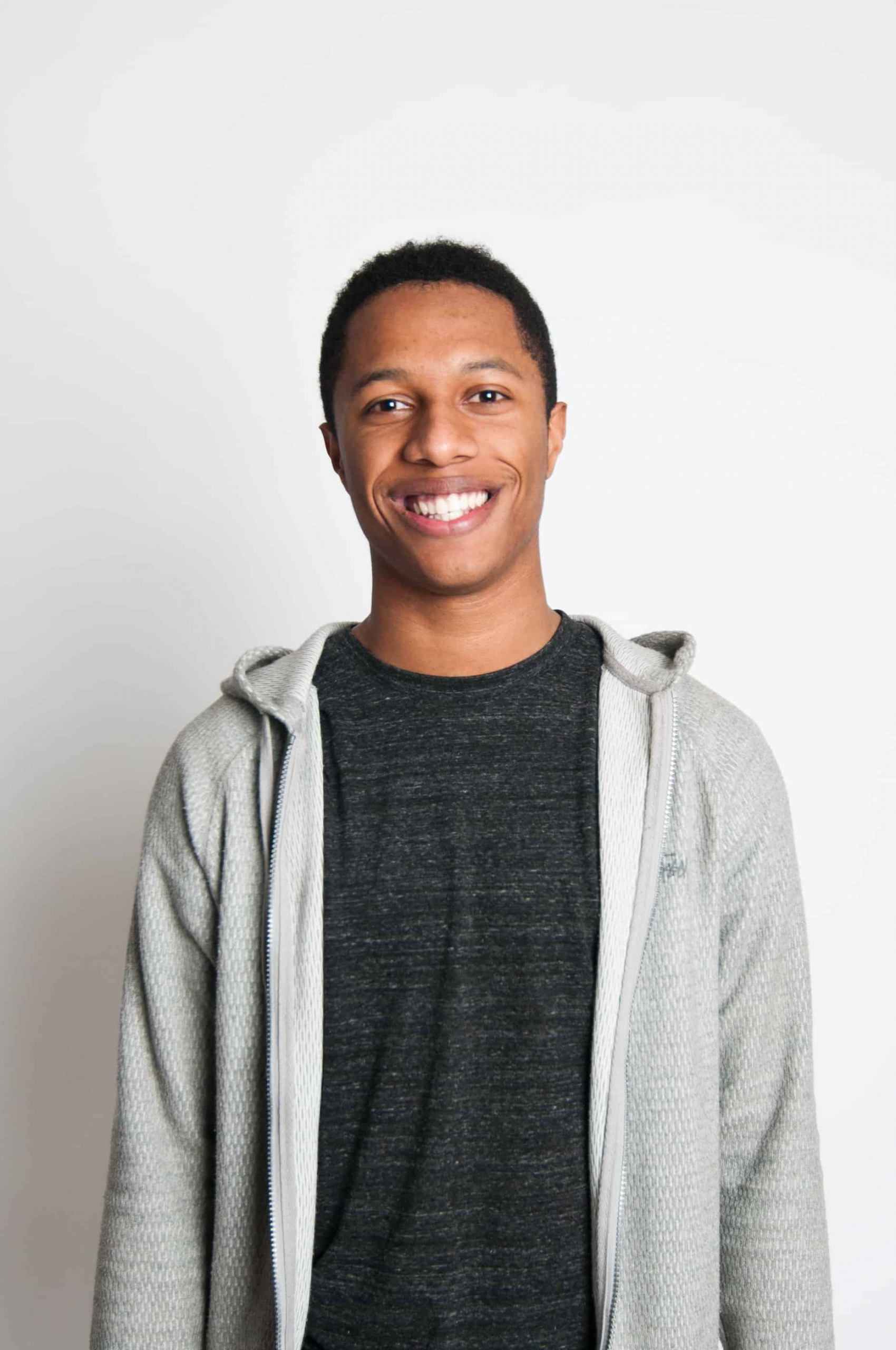This week, we witnessed the lead up to another UTSU election with its requisite campaigning, mudslinging, and debate drama. The Varsity took some time to sit down with each of the three candidates running for UTSU president. From their responses to our questions (which you can read and listen to here), we arrived at a conclusion — Shaun Shepherd is the candidate most suited to the task of leading the UTSU next year.
The decision to endorse Shepherd was the result of hours of discussion between members of the editorial board — three members of The Varsity staff elected by the masthead to choose amongst the candidates on behalf of the paper. Shepherd’s experience, professionalism, and well-grounded, concrete platform make him the most qualified candidate seeking the office of President of the University of Toronto Students’ Union.
Both Brent Schimdt of StudentsFirst and Rohail Tanoli, the independent candidate in the election, have one specific idea on which they have based their campaigns. Sadly, the rest of their platforms don’t offer much to U of T students.
Schimdt‘s most touted promise is the construction of a U of T campus bar; numerous financial, legal, and equity concerns call into question the feasibility of this promise. The Hangar, a student-run pub underneath Sid Smith, was shutdown by the administration in 2001 because of its failure to prevent underage drinking. Further, the Blind Duck Pub at U of T Mississauga has continually proven itself a difficult financial and managerial problem for the UTMSU. A St. George campus bar would almost certainly encounter similar issues. Without the promise of a campus bar, StudentsFirst is left with a campaign lacking substance or concrete plans. Moreover, the behaviour displayed by StudentsFirst supporters — characterized by the aggressive Facebook pages, debate heckling, and personal attacks — reflects poorly on the slate.
Tanoli wants to negotiate a discount on textbooks through the U of T bookstore. We do not foresee this happening. The margin of return on textbook sales is already low, and it’s highly unlikely that the bookstore would willingly offer permanent discounts on its flagship products to U of T students, its only clientele. While it is clear that Tanoli has charisma, his campaign lacks substance; he hasn’t published a comprehensive platform yet, and though his rhetoric concerning the need for compromise is heartening, he has yet to describe the concrete steps he would take to achieve this.
Both candidates have also failed to show as much initiative as Shepherd in campaigning, postering, and reaching out to students in a timely manner. For days, Schmidt’s StudentsFirst lacked a website with a platform document; similarly, posters for Tanoli’s campaign are conspicuously absent across campus. These oversights demonstrate Schmidt and Tanoli are not yet prepared to lead. The highest student-elected office at U of T demands logistical and practical political prowess, and Schmidt and Tanoli’s campaigns betray their inexperience in management and leadership positions.
Shepherd presents a platform that is both concrete and attainable. An accessibility audit will provide real, hard numbers reflecting which spaces at U of T could be made more accessible. The creation of a U of T box office is a viable idea; it would provide a central location for clubs to sell tickets, reducing both planning and financial burdens. The box office would also expose more students to the services offered by the union. Shepherd has promised to make the board of directors a more salient part of the UTSU, so that students have access to them for basic information and for further promotion of the UTSU elections and other important events.
Our endorsement of Shepherd is not without caveats. The pedestrianization of St. George Street, while certainly one of the most ambitious and creative goals put forward by Shaun Shepherd, may be the least achievable. Two years ago, the Stronger Together slate made a similar promise, and the closure of St. George did not materialize.
Shepherd’s promise to make the board of directors more accessible is also a concern, as it remains unclear what exactly that would entail. This is not the first time that an incumbent executive running for the presidential seat has talked about electoral and managerial reform. But as the opposition have so vocally made clear, little has been done to address real issues such as proxy use at board of directors meetings or the continual election of incumbents. Shepherd deserves the benefit of the doubt — perhaps his plans to make the UTSU more accessible are indeed sincere. UTSU history, though, suggests that students would be wise to ensure that the pressure to follow through on this particular promise is maintained.
However, his strengths outweigh these particular weaknesses. Shepherd represents the continual evolution of the UTSU. There’s been a gradual shift in the student union’s culture over the past few years that has seen it focus on striking a balance between services and political rhetoric. Shaun Shepherd is perhaps the most candid and open UTSU presidential candidate in recent years, and we hope that trend continues.
The great communications theorist James Carey once summed up democracy in a single phrase: “We’ll have that conversation.” This is the attitude that we want to see from the UTSU in the coming year. Democracy is not about division, as some StudentsFirst supporters’ actions might suggest, nor is it only about the conversations our community has today. Democracy is about conversations that carry it into the future. It is this spirit that we hope to see at the U of T: the spirit of dialogue and conversation that enlightens, emboldens, and embraces a better future. The Varsity hopes that Shaun Shepherd brings this same spirit with him to the office of UTSU president.


